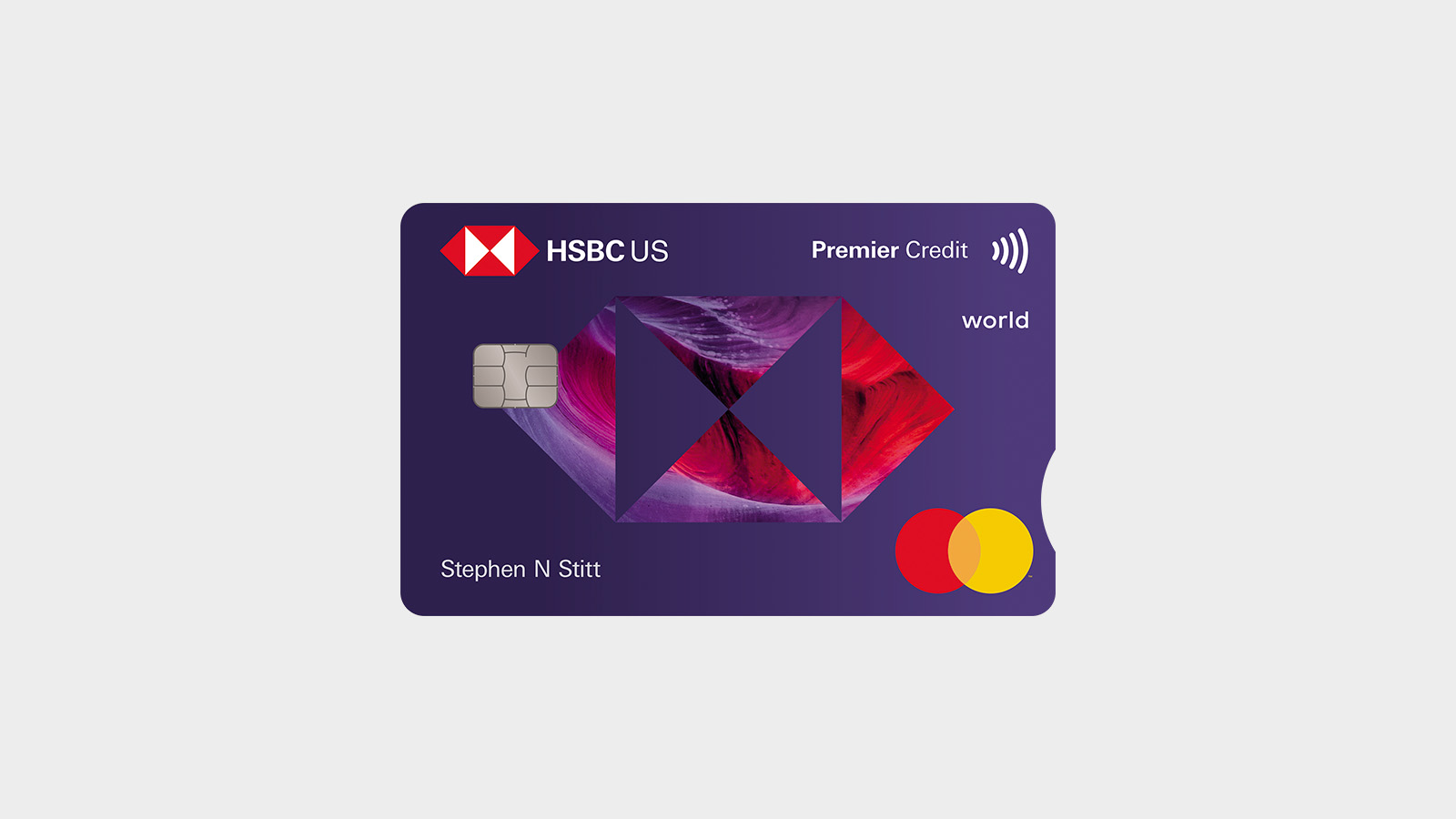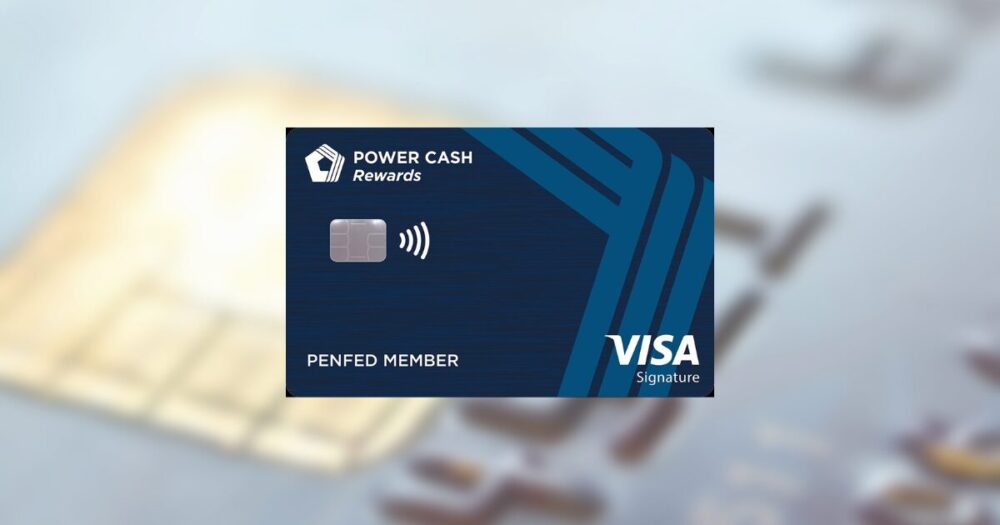How to Choose the Ideal Credit Card for Your Financial Needs

Understanding Credit Cards: Your Path to Financial Empowerment
Navigating the world of credit cards can be daunting, yet rewarding when you find the right match for your financial habits. With an array of options available, understanding what differentiates one card from another is crucial. Here are key points to consider:
- Types of Cards: Credit cards come in various forms, each catering to different financial goals. For example, rewards cards, such as the Chase Sapphire Preferred, offer points for every dollar spent, which can be redeemed for travel, dining, or shopping perks. Cashback cards, like the Citi Double Cash, provide a straightforward return on spending—typically around 2% on all purchases. Travel cards, such as the Capital One Venture One, are tailored for frequent travelers with bonuses on airline tickets and hotel stays. Balance transfer cards are perfect for individuals looking to consolidate debt by transferring high-interest balances to lower-rate options, providing relief from accumulating interest.
- Interest Rates: Annual Percentage Rate (APR) is another crucial aspect. Understanding your card’s APR can greatly affect your overall costs, especially if you carry a balance. For instance, if you have a card with a variable APR of 20% and you carry a balance of $1,000, you could end up paying over $200 a year just in interest. Some cards offer introductory 0% APR promotions for the first year, providing an excellent opportunity to manage purchases or debt without accruing interest.
- Fees: Be wary of annual fees, which can range from $0 to $550 depending on the card’s benefits. Premium travel cards may justify high fees with extensive perks, while basic cards should ideally have no annual fee, especially if you’re just starting your credit journey. Additionally, foreign transaction fees can catch travelers by surprise; a card with a 3% foreign transaction fee could add up quickly when used abroad. Late payment penalties can also add unwelcome charges, so being mindful of due dates is essential.
The ideal credit card can enhance your purchasing power, build credit history, and save you money, but choosing the wrong one may lead to financial strain. Consider your spending habits and lifestyle to identify which features benefit you most:
- Rewards Programs: Frequent travelers might prefer cards that offer airline miles, such as the Southwest Rapid Rewards card, which allows users to earn points that can be redeemed for free flights. Others might favor hotel points, making cards like the Marriott Bonvoy Boundless appealing for loyal guests.
- Cashback Offers: Everyday spenders could benefit from cards that return a percentage of purchases. For example, the Discover it Cashback card offers 5% on rotating categories such as grocery stores, gas stations, and restaurants, making it advantageous for those who regularly shop in those areas.
- Introductory Offers: Many cards lure users with enticing bonuses for sign-ups. Some may offer substantial points after spending a specific amount within the first three months, so research promotional periods and bonuses that could provide extra value.
With careful exploration and informed choices, you can secure a credit card that aligns with your financial goals. Delving into research is vital; understanding your options may open doors to opportunities tailored to your lifestyle. As you embark on this journey, consider not just the immediate benefits of a credit card, but its long-term impact on your credit score, financial health, and overall purchasing power. Keep reading to uncover how to tailor your credit card selection to suit your unique financial needs.
DISCOVER MORE: Click here to learn about asset allocation strategies
Finding the Right Fit: Key Considerations for Your Credit Card Choice
Choosing the right credit card is not just an exercise in selecting a convenient payment method; it is a strategic decision that can influence your financial future. By understanding your unique needs and preferences, you can navigate the array of credit card offerings to discover one that aligns perfectly with your lifestyle and goals. Here are essential factors to evaluate:
- Understanding Your Spending Habits: The first step in selecting a credit card is to analyze your spending behaviors. Do you frequently dine out, travel, or shop online? For instance, if dining is a key aspect of your budget, a rewards card like the American Express Gold Card might be attractive with its generous points on restaurants. Alternatively, for those who often travel, consider a card tailored for travel rewards that can maximize return on your vacation investments.
- Assessing Your Credit Score: Your credit score plays a vital role in determining which credit cards you may qualify for. Higher scores typically unlock premium cards with better rewards and lower interest rates. Before applying, check your score using a free service like Credit Karma or directly through your bank. While many cards are accessible with fair credit, some of the top-tier options may require good to excellent credit.
- Evaluating Additional Benefits: Beyond rewards, many credit cards come packed with additional perks that can offer significant value. These may include complimentary travel insurance, purchase protection, and extended warranties. For example, the Chase Sapphire Reserve not only offers robust travel rewards but also includes essential benefits that enhance your travel experience, making it preferable for frequent flyers.
- Fostering Your Financial Goals: Are you aiming to build credit, pay down debt, or save money on purchases? Your goals should steer your card selection. If your priority is improving your credit score, a secure card or a low-interest rate card could provide stability. If you’re managing debt, a balance transfer card with a promotional 0% APR can minimize interest payments during repayment. Conversely, if accumulating rewards is your focus, consider a card with high points or cashback percentages that align with your everyday expenses.
In addition to these considerations, it’s also important to factor in the terms and conditions associated with each card. Carefully read through the agreement, as hidden fees and fine print can impact your experience. Utilize comparison tools available on financial websites, which can help you evaluate the details side by side. This research phase is crucial, as a well-informed consumer is more likely to select a credit card that strengthens their financial health rather than complicates it.
Through careful self-assessment and diligent research, you can identify the credit card that not only fits your financial needs but also empowers you on your journey toward financial success. The right card can enrich your purchasing power, enhance your reward potential, and ultimately contribute to a well-rounded approach to your personal finance strategy.
DISCOVER MORE: Click here to learn about the rise of green finance
Exploring Various Types of Credit Cards
To make an informed decision when selecting a credit card, it’s essential to understand the different types available, each designed to cater to specific financial needs and lifestyles. By familiarizing yourself with these options, you can better assess which card aligns with your goals.
- Rewards Credit Cards: These cards are perfect for consumers looking to earn points, miles, or cash back on their purchases. For instance, cards such as the Chase Freedom Unlimited offer a straightforward cash-back structure that appeals to everyday spenders. They often come with lucrative sign-up bonuses that can jumpstart your rewards accumulation. Be cautious, though—the rewards can sometimes come with an annual fee, so weigh the benefits against the costs.
- Low-Interest and Balance Transfer Cards: If you currently possess credit card debt, consider cards with low-interest rates or promotional offers for balance transfers. A card like the Citibank Simplicity Card provides a lengthy 0% APR period for balance transfers, which can ease the burden of repaying high-interest debt. However, read the fine print to understand any fees associated with transfers or missed payments, as well as what the interest rates will revert to post-promotional period.
- Secured Credit Cards: For those on the journey to establish or rebuild credit, secured cards are an incredible option. They require a cash deposit as collateral, minimizing the lender’s risk. The Discover it Secured Card not only reports to major credit bureaus but also offers cashback rewards, helping individuals grow their credit profiles while earning rewards in the process.
- Student Credit Cards: Designed for college students who are entering the world of credit, these cards usually come with more lenient requirements regarding credit history. The Journey Student Rewards from Capital One is an excellent choice, offering cash back on purchases while providing the opportunity to build a positive credit history. It’s vital to utilize this tool wisely, however, to lay a strong financial foundation during your college years.
In addition to understanding the types of cards available, you should familiarize yourself with specific features that enhance their value. Many cards now incorporate technology to simplify management, such as mobile payment options and intuitive spending tracking through smartphone apps. Furthermore, some providers offer negotiation tools for interest rates or late fees, which can provide an additional layer of financial security.
Another aspect to consider is foreign transaction fees. If you plan on traveling internationally, it’s worth exploring credit cards that waive these fees. A card like the Capital One Venture Rewards Credit Card allows you to travel without incurring additional costs on purchases made abroad, which can be significant when exploring the world.
Finally, don’t forget to evaluate customer service and user reviews when choosing a credit card. The level of support a card issuer provides can greatly affect your experience, especially during moments of financial uncertainty. Browse online forums and reviews for insights into other users’ experiences, which can offer vital information on how a card issuer handles various situations.
By delving into these crucial factors and understanding the array of credit card types, you empower yourself to make a well-rounded choice that aligns with your financial landscape. This approach not only enhances your current purchasing experience but could potentially catapult your financial health into a more favorable position.
EXPLORE MORE: Click here to learn about asset diversification
Final Thoughts on Choosing the Right Credit Card
In navigating the vast landscape of credit cards, a well-informed choice can significantly impact your financial wellness. Understanding the unique attributes and offerings of various credit card types is vital, as it allows you to align your selection with your personal spending habits, lifestyle preferences, and long-term financial goals. Whether you are drawn to the allure of rewards credit cards for their cash back and points, seeking relief from debt through low-interest or balance transfer cards, or building your credit history with secured credit cards, each option has distinct advantages tailored to different circumstances.
While evaluating your options, consider additional factors such as potential fees, customer service, and technological conveniences that can enhance your card management experience. As you budget for the future, remember to account for any possible foreign transaction fees if travel plans arise. By taking a comprehensive approach to your credit card selection process, you empower yourself not only to maximize your spending efficiency but also to cultivate a healthier financial trajectory.
Ultimately, the ideal credit card for you will resonate with your individual financial needs while providing tools and features that safeguard your financial health. As you dive deeper into your research and reflect on your unique spending habits, you take significant steps toward mastering your financial journey. Equip yourself with knowledge and choose wisely—your financial future is worth the careful consideration.


